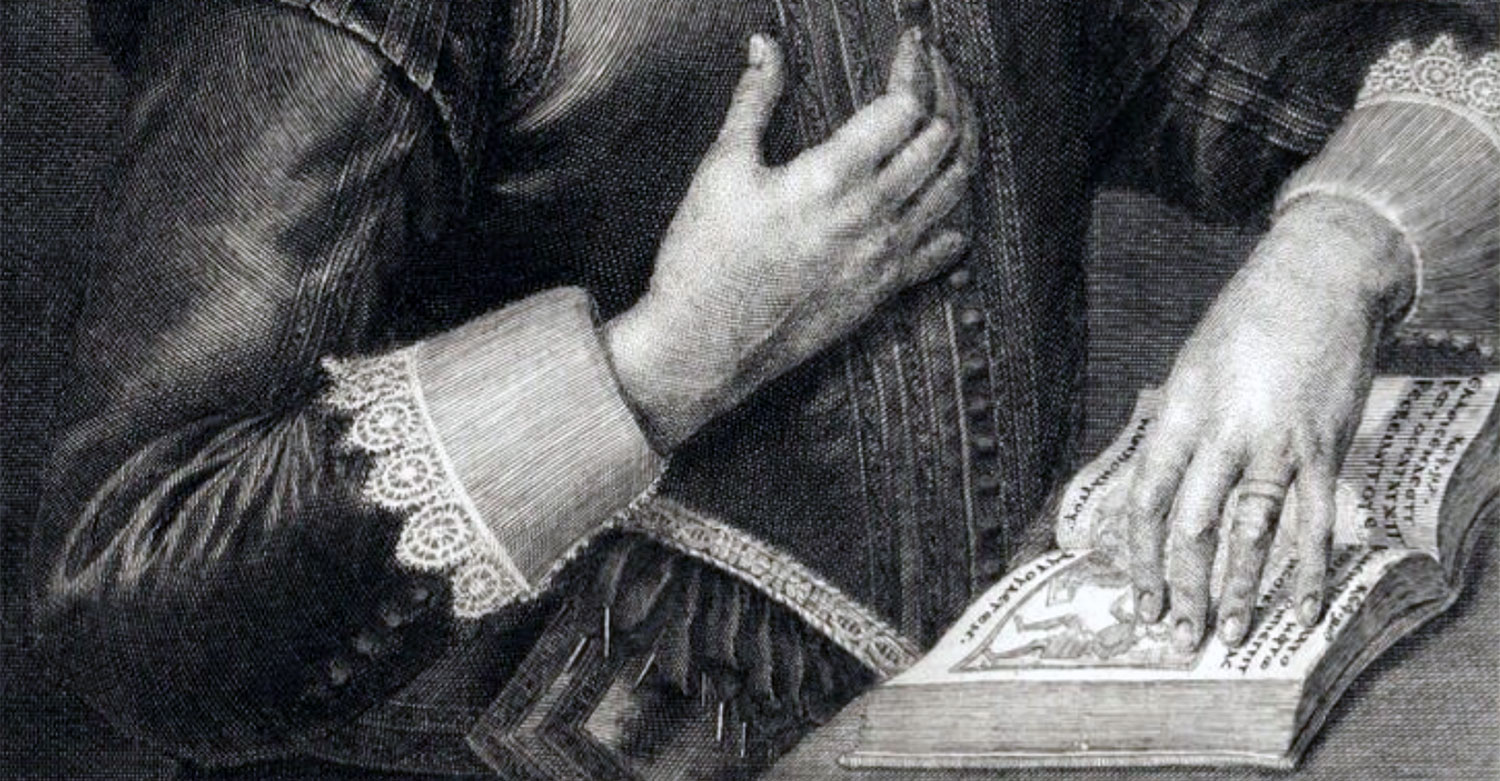August 2012
hope against hope (2)
6 August 2012, around 10.48.

I have called this book an extravagant biography, using extravagant in its obsolete sense of vagrant, wandering out of bounds (62).
I had high hopes for Mirrlees’s A Fly in Amber, being an extravagant biography of the romantic antiquary Sir Robert Bruce Cotton,1 but I haven’t been able to finish it in a timely manner. Partially this is the fault of summer – it isn’t a book or a subject that suits warm weather and out-of-doors living; partially, too, it’s the fault of the book being due soon without the option to renew; mostly, though, the fault is the book’s. A biography can do many things, but if I am to read it through, I expect it to do at least one of the following:
- inform me about its subject;
- inform me about the subject’s milieu, or more generally the historical moment at which he or she lived;
- give me an unambiguous sense of the the author’s personality or style;2
- amuse me.
A fly in amber does none of these things; I was more perplexed and less interested on page 110 than I was on page one, and a quick perusal of the remainder did nothing to lift my spirits. Scattered gems (more carbuncle than ruby) I doubted not of finding, but I hadn’t and haven’t the will to search them out. A different mood might have found me more favorable, but we cannot always choose the humor in which we approach our reading, nor are we always willing to grope among the cobwebs for the shadow of a shade:
… although a man of prodigious learning whose mind was a fine well-tempered instrument, he was not a genius – nor was he an eccentric. Therefore his step is light, his voice faint, and his features hard to discern as he moves through the penumbra of the past (63).3
- Published by Faber and Faber in 1962. [↩]
- Ambiguity, of course, can be the sense given – the overall force should be unambiguous, even if it points unambiguously to ambiguity. [↩]
- This passage continues on to compare writing a biography of Cotton to a detective novel; if so, it must be a rather new-fangled arty detective novel, with no crime, no criminal, a great deal of furniture, and constant intrusion from the irrelevant detective, Would Surely. [↩]
pullover
8 August 2012, around 8.43.
Annoyed at having first to turn his pullovers the right side out every time he puts them on, he decides to turn them around as soon as he has taken them off. Surely, this is rational. But since this decision does not override the decision automatically to turn out his pullover when he puts it on, he unfailingly ends up with it the wrong side out. A dilemma: how is one to rationalize an act without disturbing one’s automatic behaviour? And things are even worse if, faced with this failure, one resolves to give up the innovation, since the old practice is then immediately disrupted too, being no longer spontaneous and infallible. The situation is a hopeless tangle. The lesson of all this: all clothing should be reversible. Ideas, too, so that one could slip into them from any side.
Crambe repetita (24)
17 August 2012, around 1.21.
Use no soda in boiling your freshly gathered cabbage, and when half done, cut the leaves apart, shred them, and simmer gently for some 10 minutes in one or two cupfuls of milk to which has been added a heaped tablespoonful of flour dissolved in half a cup of water and worked to a smooth paste, adding one tablespoonful of butter and one of margarine, and a good pinch of salt. Two or three tablespoonfuls of cream would improve this sauce, and coarsely ground black pepper is the best flavouring, added at the last. This improved form of cabbage is welcomed by many who have hitherto looked with hostility on its homely virtue.
